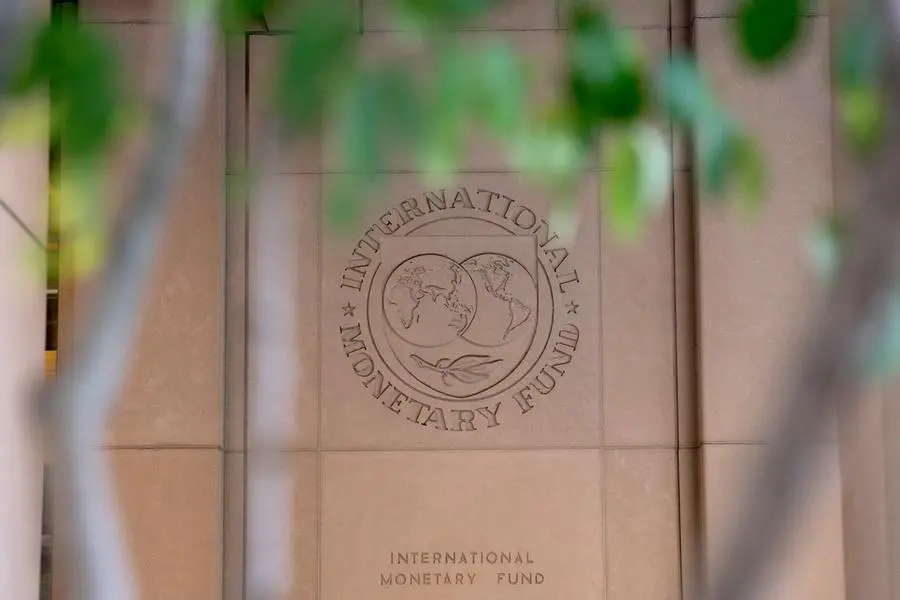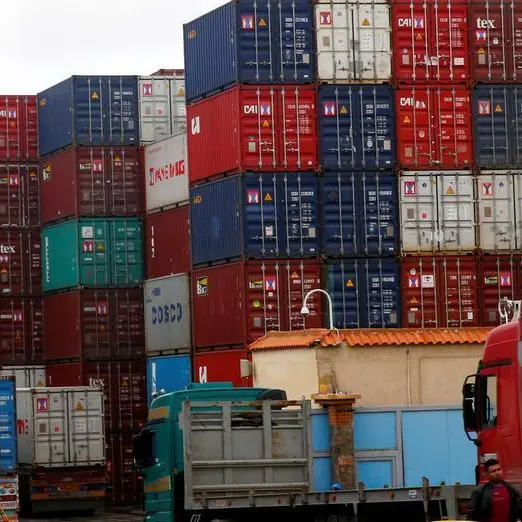PHOTO
Failure to implement deep structural reforms and continue with the IMF program could plunge Egypt back into financial turmoil, The Institute of International Finance (IIF) has warned.
In December 2022, the IMF approved a $3 billion Extended Fund Facility loan for Egypt whose finances, under pressure for long, was further hit by the economic fallout of the war in Ukraine. The IMF loan package, however, came with conditions that include a shift to a flexible exchange-rate regime, controlling inflation using monetary policy instruments, and structural reforms. The fund is now waiting to see Egypt carry out the pledges before reviewing the rescue program.
Any financial turmoil "will have dire repercussions for the region, as it would destabilize a major political and military power. However, proper reform implementation can revitalize the private sector, encourage non-hydrocarbon exports, help diversify the economy, and bring a stable flow of capital into Egypt and the region," IIF said in a recent report.
Egypt's problems include both current account and fiscal deficits, high debt amortization, portfolio outflows, and a large net foreign liability position of the banking system.
"The shortfall in foreign exchange that this has created, along with persistent exchange rate mismanagement, has put serious pressure on the pound," IIF said.
There are no clear alternatives to an IMF program, which expects the private sector to be the engine of growth and seeks to reduce the dominance of the state in the functioning of markets and in direct economic activity, the report noted.
"Therefore, further structural adjustments, via two important routes, are needed. The first route is the sale of state-owned assets, which will drive non-resident capital flows in the medium-term. On this front, Egypt may have to offer steep discounts on its assets to entice would-be investors. The second route is the adoption of a flexible exchange rate regime, something the CBE has much touted but has been wary of doing," IIF said.
The country, which is among the top wheat importers, was hit massively by the Russian invasion of Ukraine which accounted for nearly 30% of the grain imports. The fallout from the war also led to a foreign currency crunch in Egypt, leading to a slowdown in overall imports.
The reforms are also needed to help catalyse foreign exchange inflows, particularly from the Gulf region (GCC).
(Writing by Brinda Darasha; editing by Seban Scaria)




















